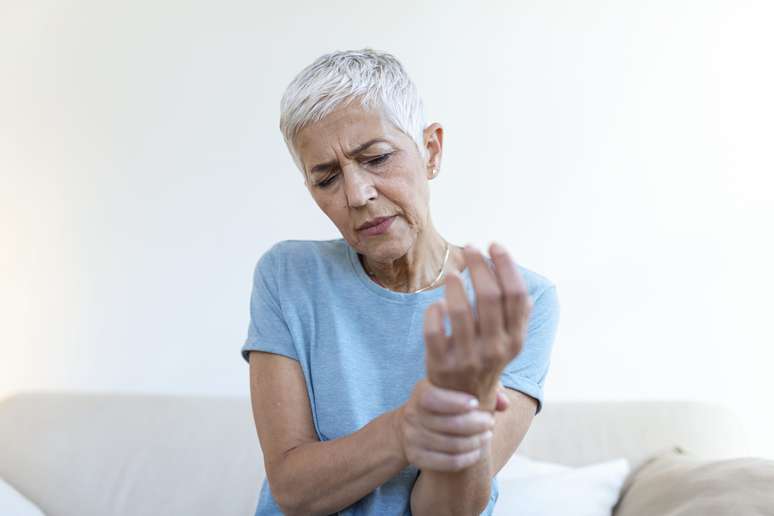The gynecologist explains how hormonal imbalance affects women’s mental health
Menopause is characterized by the complete cessation of menstruation, indicated by the absence of this cycle for a period of at least one year. However, the phase preceding this total arrest, called Climateria or Perimenopause, can last more than 5 years. Identifying these phases, especially in women who are still menstruating, can be difficult.
During climacteric, changes in mood, skin, and hair, along with sudden hot flashes, are common symptoms caused by the sudden decrease in hormone production. This hormonal change not only generates physical discomfort, but can also play a significant role in the development of depressive conditions, especially in early menopause.
Gynecologist Lorena Galaes explains that menopause can trigger depressive conditions by influencing the levels and sensitization of hormone receptors. Women have specific estrogen receptors in different areas of the central nervous system, and the action of estrogen is crucial for the synthesis and release of neurotransmitters, such as serotonin and dopamine.
Hormonal imbalance has a significant impact on a woman’s mental health, and this influence can be even more pronounced in early menopause. The lack of action of estrogens throughout life can increase the tendency to depressive symptoms, especially in cases of sudden or early menopause.
Hypoestrogenism during climacteric leads to a reduction in neurotransmitters related to well-being and mood, contributing to depressive symptoms, along with other climacteric symptoms such as insomnia and hot flashes. Estrogen’s action on neuropeptides also influences thermal regulation, appetite, and blood pressure, highlighting the importance of monitoring metabolic health.
Menopause symptoms, including mood changes, irritability, decreased libido and cognitive problems, can be nonspecific and easily confused with tiredness and stress. The impact is not limited to just physical appearance, it can affect performance at work and personal relationships.
The diagnosis of early menopause, now called Premature Ovarian Insufficiency (POI), is usually clinical, considering symptoms, hormonal changes and age. Treatment is personalized, taking into account the patient’s risk factors, symptoms and wishes.
“It is important to emphasize that not all patients will experience symptoms that impact their lives and that only some will opt for treatment,” says the doctor.
Options include hormone therapies, herbal medicines, non-hormonal medications, and specific interventions, depending on the patient’s needs and preferences.
In short, understanding the phases preceding menopause, the associated symptoms and therapeutic options is essential to carefully address this phase of life and promote women’s well-being.

5 anti-inflammatory and detoxifying foods to eat after the holidays
Source: Terra
Ben Stock is a lifestyle journalist and author at Gossipify. He writes about topics such as health, wellness, travel, food and home decor. He provides practical advice and inspiration to improve well-being, keeps readers up to date with latest lifestyle news and trends, known for his engaging writing style, in-depth analysis and unique perspectives.








